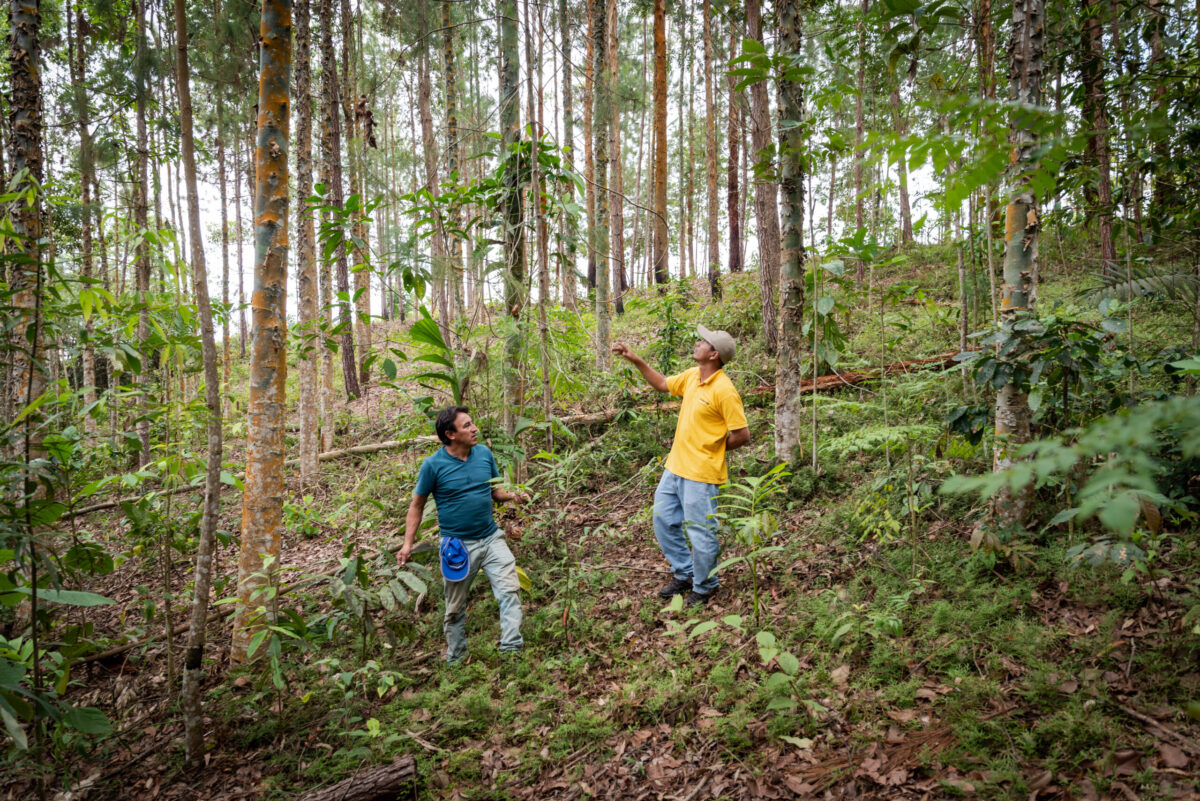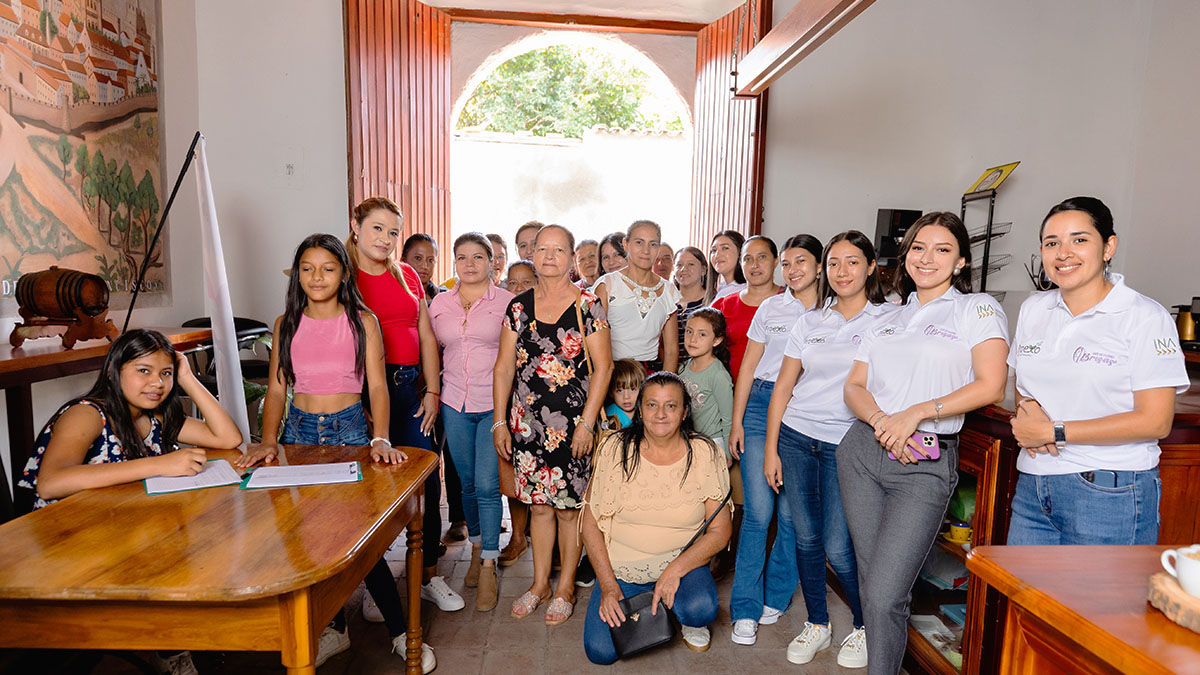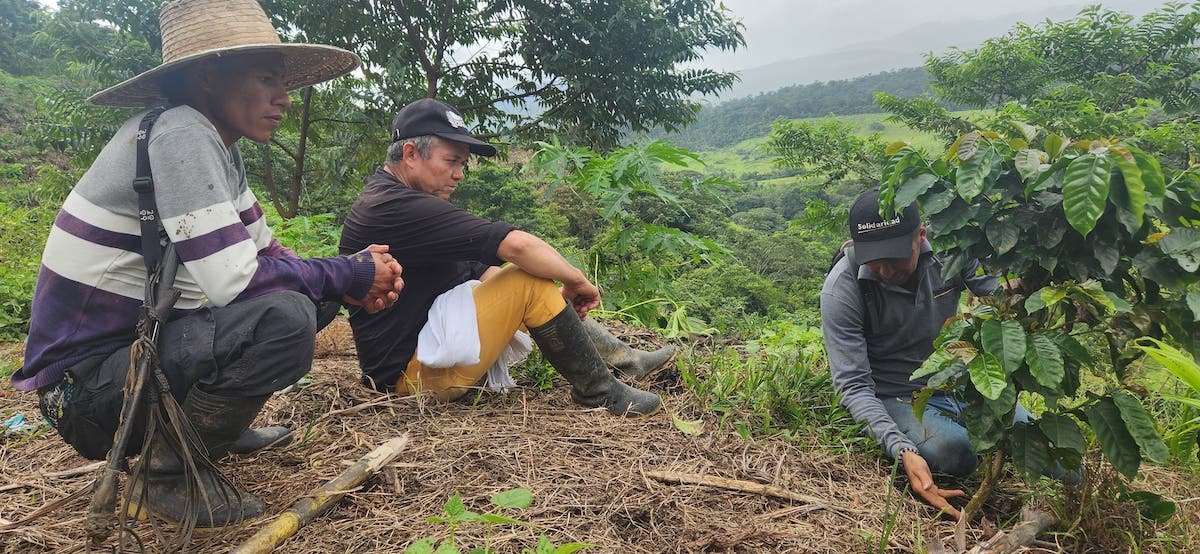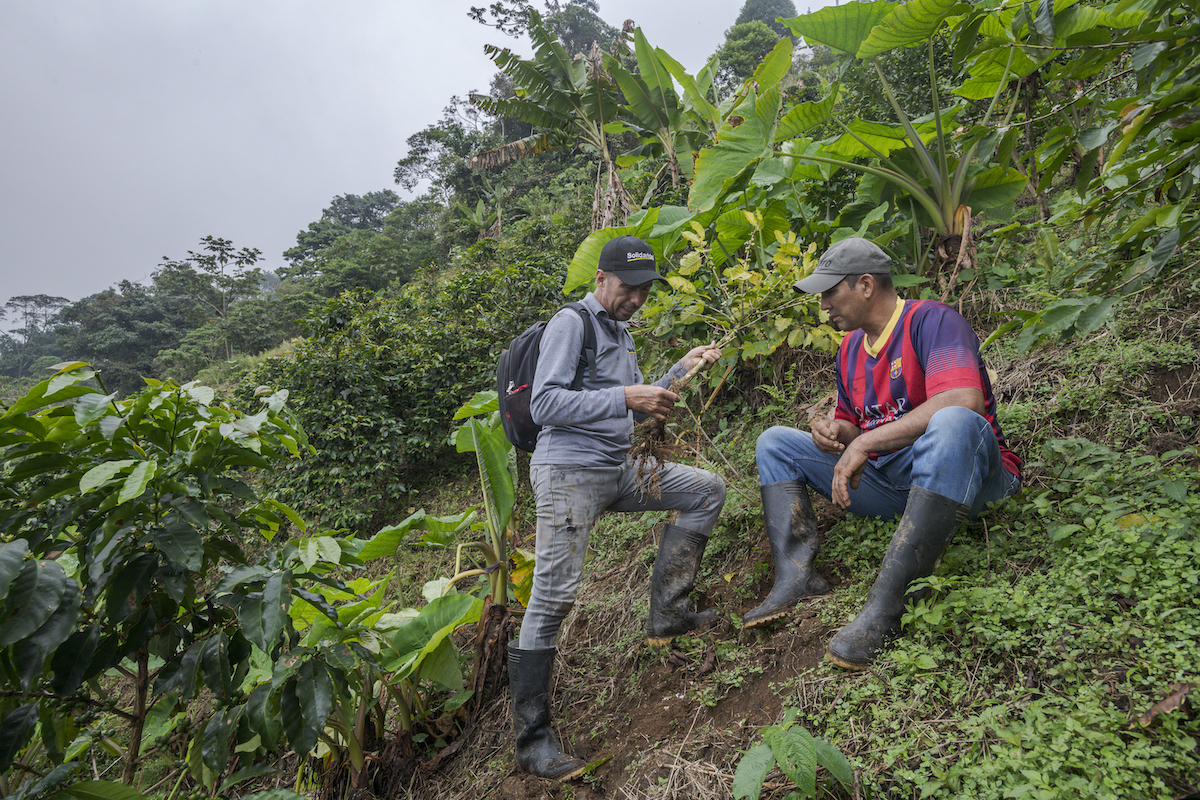Since Solidaridad first joined with farmers in Mexico to launch the world’s first Fairtrade coffee in the 80s, much has changed in the world of coffee. Awareness of the challenges faced by farmers has risen dramatically in consuming countries, along with the market for certified and specialty coffees. Yet even with some progress, millions of small-scale farmers continue to struggle with unstable income, the increasing effects of climate change, and limited alternatives to coffee for income.
What’s coffee really worth?
One way is to shift the current dynamic is to re-evaluate how value is distributed along the coffee supply chain. This year, we released The Grounds for Sharing, a study of value distribution in the coffee industry conducted by the independent firm, BASIC, and commissioned by Solidaridad, IDH and The Global Coffee Platform.
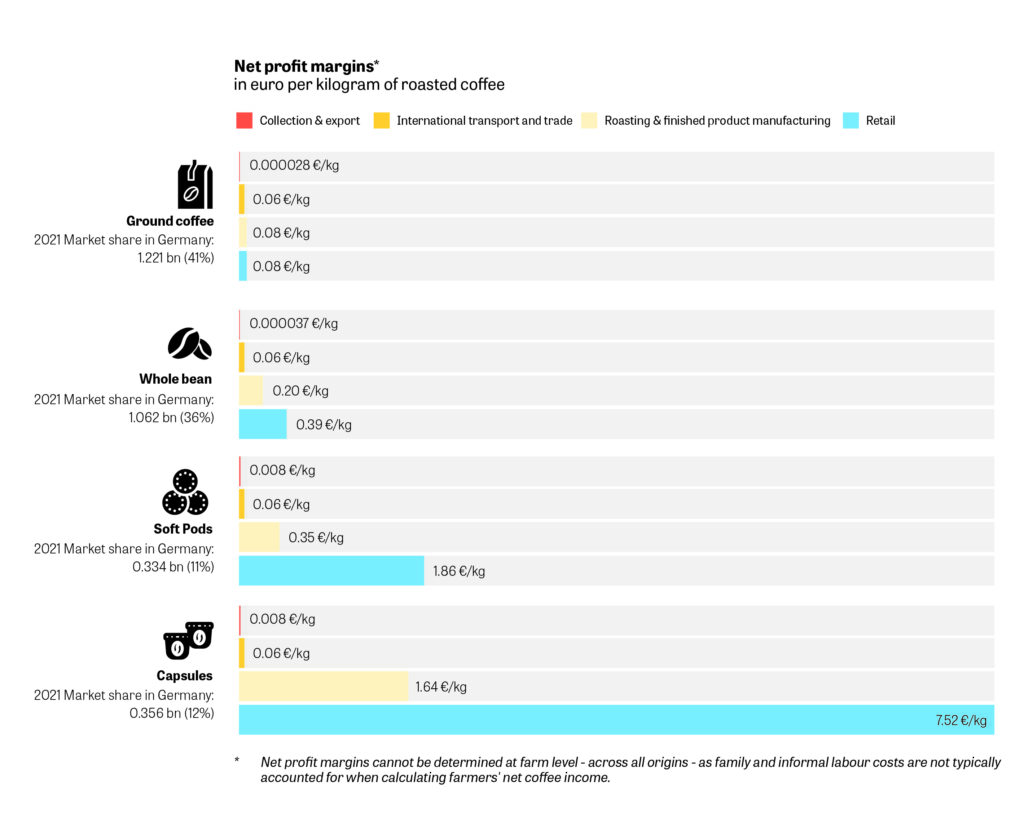
The primary conclusion was not surprising: there is enough value for everyone to make a profit in the coffee supply chain, but that profit rarely reaches farmers. The three key takeaways were:
- Too often, value concentrates away from farmers and further down the value chain – from importer to retailer.
- Labor is the largest share of farm costs for small-scale farmers, but it is often unpaid and unaccounted for – meaning farmers’ “margins” can seem higher than they are.
- There is no easy solution. Alongside important sector efforts to increase farmer profitability, it’s about creating value distribution mechanisms and enabling trading conditions that account for the diversity and complexity of the coffee industry.
Making coffee more sustainable requires a radical re-evaluation of how value is distributed and how we value the people producing coffee to ensure they can build a stable livelihood.
Improving farmers’ position in the marketplace
Technical support is one of the most important ways Solidaridad helps farmers improve their position in the marketplace. Using a train the trainers approach, Solidaridad’s technical teams recruit local promoters, or lead farmers, to support them as they institute low-carbon or climate-smart practices. These lead farmers are critical for building relationships within their communities. They serve as multipliers to extend technical knowledge.
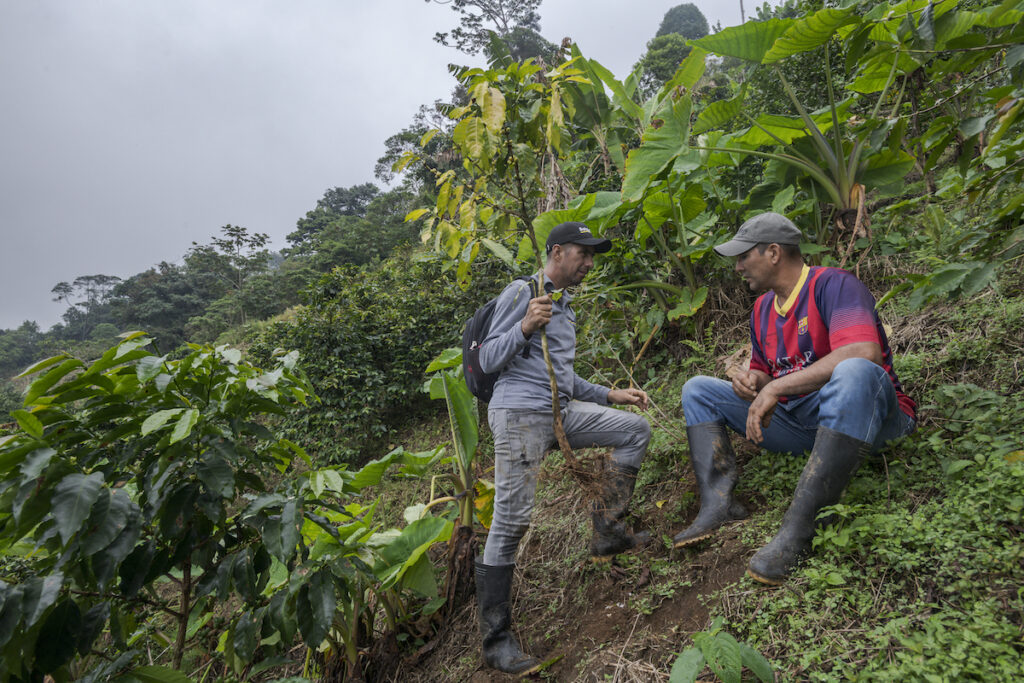
This approach is being applied in Caqueta, Colombia, via the Amazonia Connect programme, where 32 lead farmers now receive ongoing training, participate in workshops, and pass on their newfound knowledge.
“We, as Solidaridad, don’t deliver fertilizers, machinery, or equipment. We provide technical assistance,” explains Deibi Yuliana López, the coffee projects coordinator for Solidaridad. “The communities value it [technical assistance], because despite having so many projects in the region, it [technical expertise] is rather scarce.
Adding more value at origin
Finding ways to add more value at the beginning of the supply chain provides another way for farmers to stand out and stake their place in the market. In Honduras, Café de Mujeres Brisas isn’t just any coffee, it’s a testament to the power of innovation and collaboration.
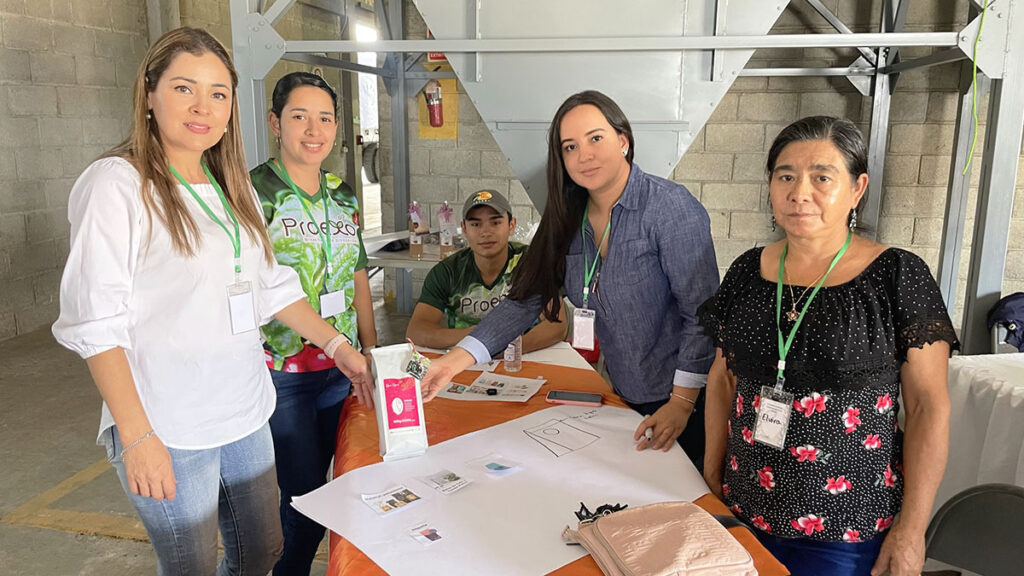
This coffee sourced and produced by women farmers was created with help from the organization PROEXO and Solidaridad. The unique blend tells a powerful story of leadership with its unique packaging and digital traceability. The Café de Mujeres Brisas brand is the culmination of an entrepreneurial exploration led by PROEXO with 245 women smallholders.
“The brand for us is a women’s empowerment platform that is created with the vision to be a support for women smallholders.”
Scarlette Zerón, one of the team members of PROEXO who aided the process.
The brand has managed to position itself as a project that supports women in the coffee value chain. It uses digital technology to provide final consumers and commercial partners with a traceable product and a unique origin story that are designed to establish stable and long-term relationships. The group has already signed a contract to provide coffee to the Inter-American Development Bank (IDB) and is establishing relationships with local supermarkets and donor partners.
Finding value in ecosystem services
Carbon markets provide another avenue for generating new revenue on coffee farms. The Climate Heroes programme aims to improve farmers’ resilience to a changing climate through technical support, and access to finance, and carbon markets. By applying agroforestry practices, small-scale coffee and cocoa farmers are improving their quality of life and the local environment, and earning supplemental income selling carbon credits.
“Once people received their payments, motivation grew. And the motivation is not only economic, people feel motivated to keep protecting trees and establishing new agroforestry systems to grow coffee.”
Lorge Javier Lopez Valdivia, a coffee producer.
To date, over 42,000 small-scale coffee (and cocoa) farmers across Nicaragua, Colombia, Uganda and Kenya have been trained in climate-smart practices that help them adapt to a changing climate. The practices also help them generate Carbon Removal Units that can then be sold via carbon markets, like the Acorn platform. The programme is currently being extended to other countries where Solidaridad works, including Honduras, Brazil and Tanzania.
Measuring carbon and understanding the emissions generated by coffee production is critical to putting farmers in a better position. In Brazil, a recent study explored the carbon footprint of the country’s coffee production and the potential for reducing emissions and enhancing soil health through eco-friendly practices.
Spotlight on small-scale coffee farmers
Innovating coffee with women smallholders in Honduras
Café de Mujeres Brisas isn’t just any coffee. The Honduran coffee brand…
Arquímedes Ramírez: Combining coffee expertise and conservation in the Amazon
Arquímedes Ramírez, a Colombian coffee farmer, has witnessed firsthand the transformation of…
Asómbrate: Promoting climate smart agriculture, harvesting carbon credits
Asómbrate, a programme led by Solidaridad, creates positive incentives for small-scale producers…

